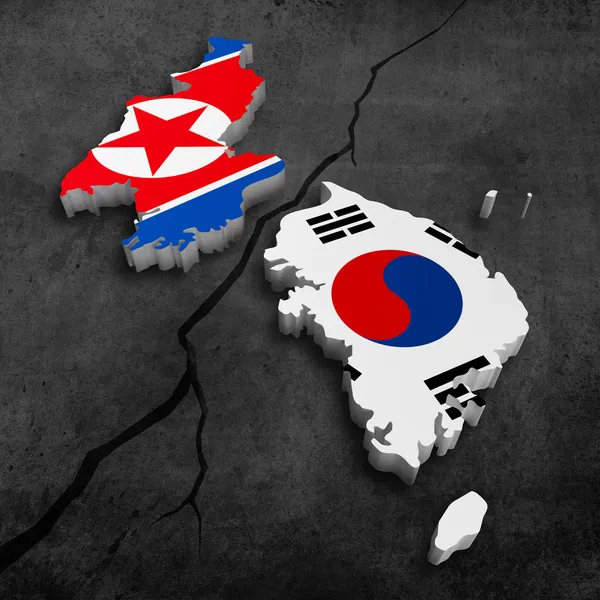
The Vice Chairman of the National Reconciliation Committee of the Seoul Archdiocese gives the readers of the Catholic Peace Weekly Diagnosis of the Times Column some thoughts on the divided situation of Korea in its 70th year.
On May 31st, citizens in the Seoul area started their morning by hearing loud noises. Since North Korea's reconnaissance satellite was launched on the morning of the same day, the Seoul Metropolitan Government issued an alert at 6:41am. The contents of the emergency disaster text were quite frightening. It was a message to be prepared to evacuate as a warning has been issued in the Seoul area and to allow children and the elderly to evacuate first. There was no guidance on what had happened and where to evacuate, but the message that came early in the morning accompanied by sirens echoing through the apartment complex made many people nervous.
Many people thought that something really serious had happened when even the portal site went down due to people flocking to search for news. Some wondered whether they should return home while driving in the middle of Olympic Boulevard, and at home, they were at a loss as to whether they should wake up their sleeping children, and if so, what and how to prepare. Of course, there were people who passed this situation indifferently, but loud sirens and emergency text messages also affected Memorial Day, June 6, a week later. The siren that sounded that morning was a signal of silence for the patriotic martyrs, and even told them not to be surprised this time.
Regardless of whether Seoul overreacted to North Korea's previously announced satellite launch or responded appropriately to the crisis situation, the emergency disaster message on the last day of May did not only come into our ordinary morning routine. It reminded us of the fact that we are now divided, and that division is still present in our daily lives.
In fact, the confrontation between the two Koreas is not something surprising. Even though hundreds of thousands of soldiers and weapons systems with tremendous firepower are concentrated around the Military Demarcation Line, our daily lives are oblivious to the situation. We worry about rising electricity bills and are sensitive to the reduced quantity and number of basic side dishes at regular restaurants, but issues of inter-Korean conflict or peace on the Korean Peninsula are far from our daily lives.
Parents who have to send their children to the military or visit border areas such as Paju or Goseong remember that our country is still at war. However, despite this insensitivity, the reality of division is part of our daily lives. The culture of taking sides in a company or community where you constantly want to question whether the other person is on your side or not is one of the signs of our culture of division.
For more than 70 years, we have been taught to doubt whether the people around us are friends or enemies, and doubt creates boundaries, and boundaries create differences. And taking sides has brought about a rigid dichotomy in which one must belong to one side. It is not possible to respect various choices and tastes and be comfortable when opinions are unified, stances are unified, and even menus are unified. Diverse thoughts and positions make the community complicated and dizzy and feel diversity is uncomfortable. However, a rigid society represented by the logic of taking sides and dichotomies takes away our composure and blocks inclusiveness and hospitality.
The siren should sound a little longer. Not the air-raid siren, but the siren that informs us that the culture of division is making our hearts sick. Peace can be achieved by uncovering the culture of division hidden in everyday life and finding ways to overcome it. We need to awaken our senses to why our society is rigid and why we find it difficult to accept our neighbors and respect their thoughts.
This year marks the 70th anniversary of the ceasefire in the Korean War. Peace on the Korean Peninsula will cease to be a slogan only when we wake up to the division that operates hidden in our daily lives. Only those who are uncomfortable with conflict will walk the journey to create peace for they realize how serious the harm of division is.